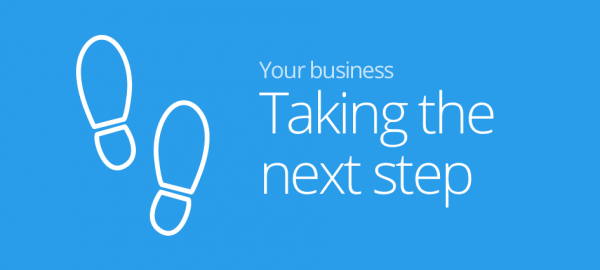The COVID-19 pandemic is still ongoing but as infection rates fall worldwide, lockdown restrictions are being eased in many countries. That might feel like a relief for many small businesses, but some are still prepared for shaky economic conditions. More than 60% of small and medium business owners currently feel that their revenue streams will be impacted over the next six months.
Marketing to current customers and appealing to new ones is vital for the survival of a business, but how can you recover for post-lockdown life? Take our advice and start planning for what you can do once the crisis is over.
Build Your Digital Footprint
If there’s anything that the COVID-19 crisis has taught us, it’s that you can’t rely on bricks and mortar stores in the 21st century. Your digital storefront should be as accessible and strong as your physical one. Actually, stronger. Build a website that displays your business capabilities to new and returning customers, communicate regularly through social media, and have systems in place for your employees to work remotely from home when they need to.
Your digital front can be as effective as your physical one. Keep an open dialogue with your customers and showcase how useful your business is for their lives. Find out how to support them and create unique content that advertises the best of your business and your staff. Customers want to connect – so give them the means to do so.
Keep A Strong Personal Brand
Who do customers respond best to – corporations or people? Most customers want to think that they’re buying or communicating with real people – the faces behind the screen. Build and keep a brand that communicates the personalities behind your business. Tell your individual stories and share what’s happening behind the scenes. Share your successes and failures equally. Your business will be more relatable and customers will feel more connected with your brand.
Think About the Long Term
Remember that recovery from the pandemic lockdown is not a sprint. It’s a marathon. And with every marathon, it takes time, guts and patience to finally get over that finishing line. Don’t rush to implement a hundred changes all at once and then be surprised if you get burned out or things don’t work as fast as you’d like. Stay patient and plan for the long-term.
Prioritise what is most important – first, your measures to survive the short term, and then your actions for the long term, and develop a contingency plan if those don’t work out. Work out an accurate revenue forecast for the next two years so you can set realistic expectations for managers and staff.
Look to review and reduce all non-essential spending, and review your staff costs. It’s highly likely you’ll have to freeze hiring any new staff and will have to readjust operating hours to account for any continuing self-isolating staff members. And don’t forget to contact any suppliers you have. You’re in a position to negotiate lower rates that should give you breathing space for now.
Reflect and Adapt
Customer behaviours are changing dramatically in the current market. What they want and what they need have completely shifted, and the services that you offer need to change to match the new paradigm. Talk with your customers and use your social media to build strong lines of communication about what they need from you right now. This will help you find new and additional streams of income that could help keep you afloat.
And keep a weather eye on your rivals. What have they managed to pull off with flair? There’s no reason why you can’t do the same.
What is Your Value?
Customers can be fickle creatures. Sure, many people might like to loudly proclaim that they love and support their local businesses, but people aren’t queuing around the block and beating down doors to get their local farm food shops. No, they’re saving that kind of behaviour for branded businesses. So, how can you encourage that kind of loyalty?
Focus on what value you provide for the local community and target that. What brings customers back time and again to your door? Translate that into targeted advertising and a focused service that will bring customers back to knock down your doors once lockdown is over.
